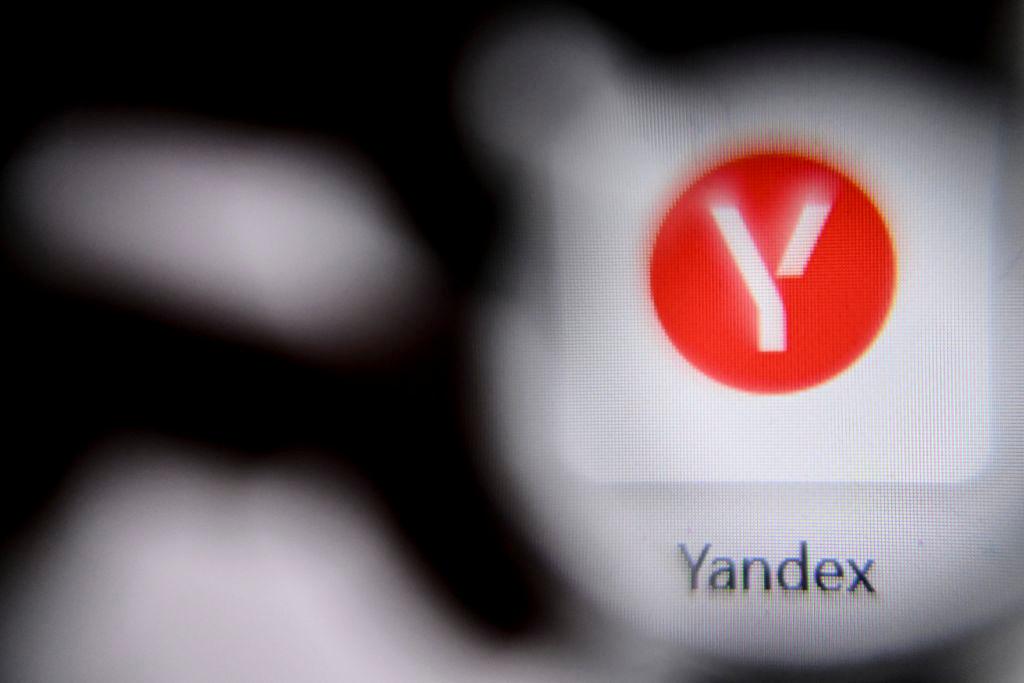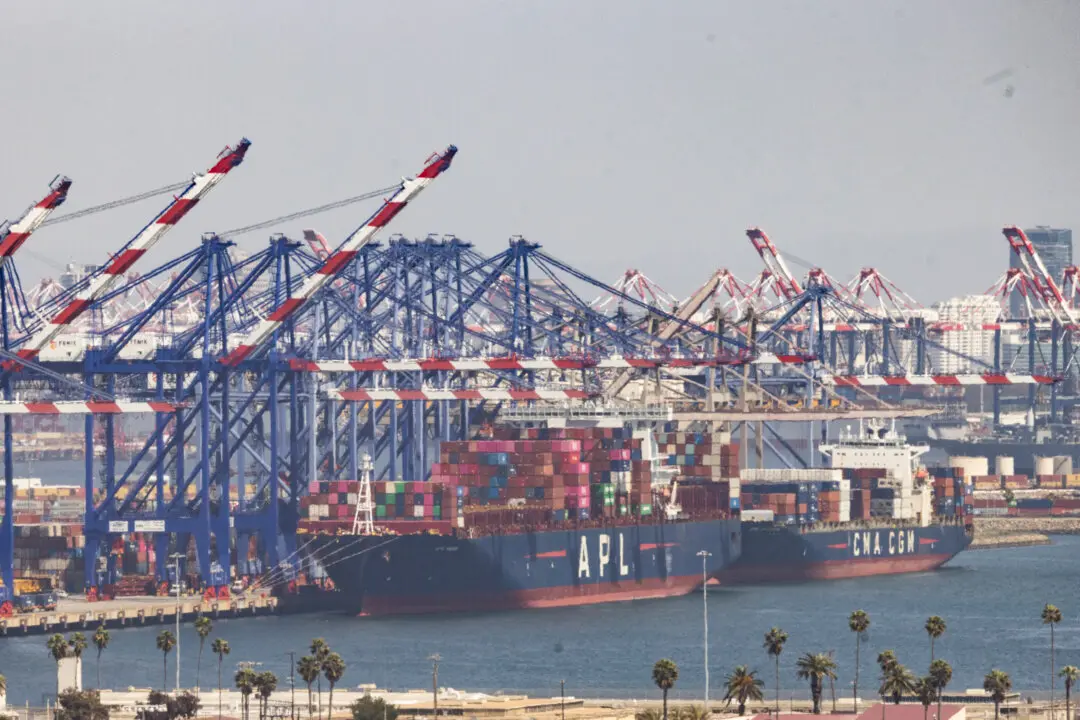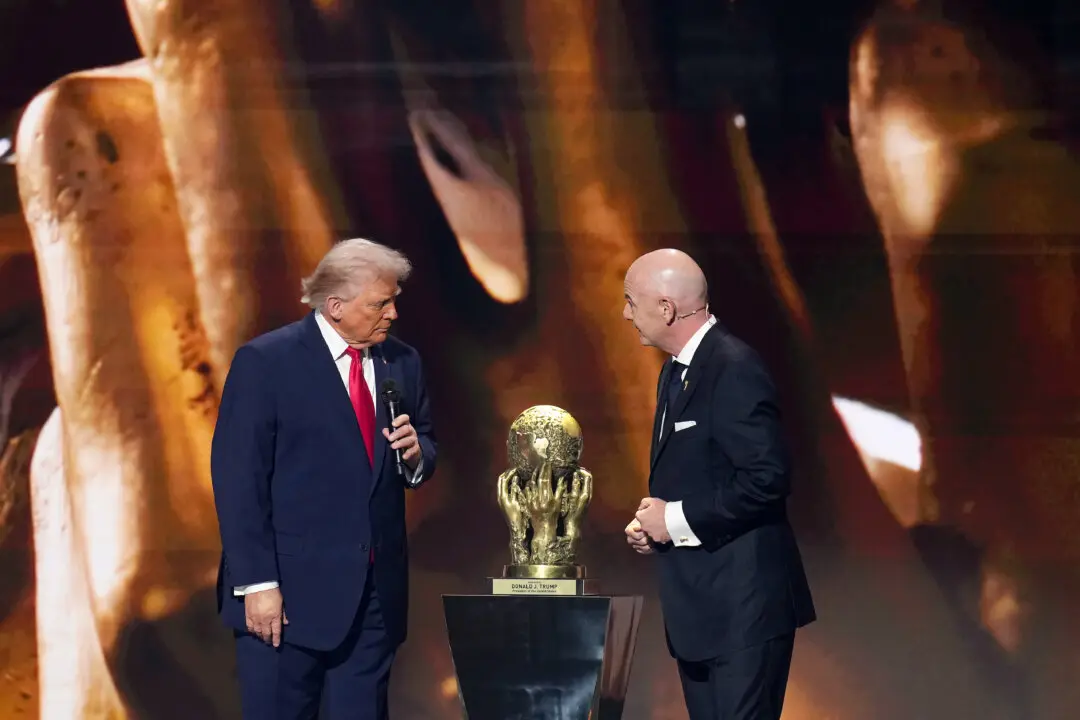Tech firm Yandex, popularly known as Russia’s Google, will leave the country after selling its assets for half the value, marking one of the biggest business exits from the nation since the start of the Russia-Ukraine conflict.
Yandex group, headquartered in Moscow, is owned by the holding company Yandex N.V. (YNV) registered in the Netherlands. YNV announced on Feb. 5 that all of Yandex group’s businesses in Russia and certain international markets will be sold to a purchase consortium for 475 billion rubles (approx. $5.25 billion). Founded in 1997 as Russia’s answer to Yahoo and Google, Yandex is the number one search engine in the country, with Google in second place. The company also owns food delivery, car-sharing, and shopping apps.





